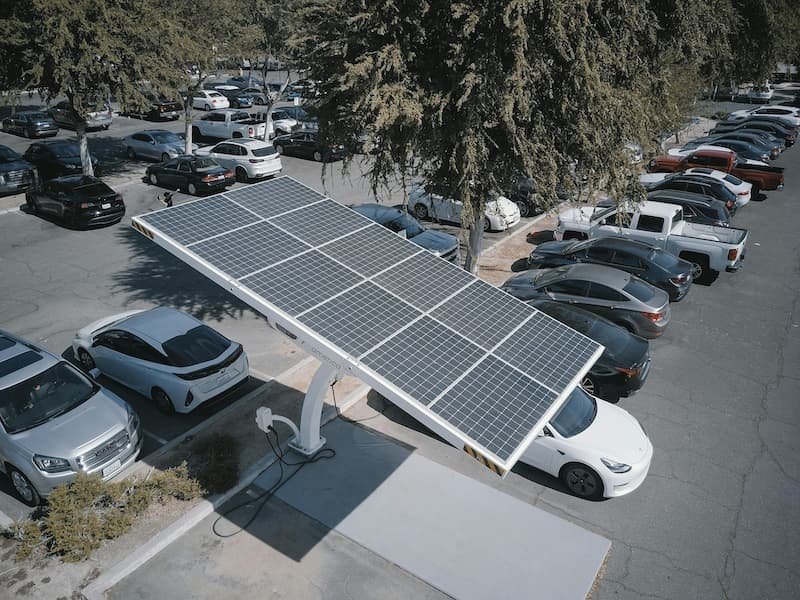
 Olivia Møller
Freediver - Activist - Explorer
Olivia Møller
Freediver - Activist - Explorer

 Olivia Møller
Freediver - Activist - Explorer
Olivia Møller
Freediver - Activist - Explorer
In the battle against climate change, renewable energy stands as a beacon of hope, offering a pathway towards a sustainable future. As the world grapples with the urgent need to reduce greenhouse gas emissions, the importance of transitioning to renewable sources of energy cannot be overstated. From wind and solar to hydro and geothermal power, these clean energy alternatives not only hold the promise of reducing carbon emissions but also offer economic, social, and environmental benefits.
The urgency of addressing climate change has never been more apparent. With each passing year, the evidence of its devastating impacts becomes increasingly impossible to ignore. From extreme weather events to rising sea levels, the consequences of a warming planet are being felt around the globe. Yet amidst this sobering reality, there exists a glimmer of hope in the form of renewable energy.
Research has shown that renewable energy has the potential to play a significant role in mitigating climate change. A study published in the journal Nature Climate Change found that scaling up renewable energy deployment could help limit global warming to well below 2 degrees Celsius, the target set by the Paris Agreement. This is particularly crucial given the dire warnings issued by climate scientists about the catastrophic effects of surpassing this threshold.

But the benefits of renewable energy extend beyond emissions reduction. Take, for example, the case of Maria Martinez, a resident of a small rural community in the Midwest. For years, Maria and her neighbors relied on coal-fired power plants for their electricity needs. Not only did these plants contribute to air and water pollution, but they also failed to provide reliable energy access, leaving residents vulnerable to blackouts during extreme weather events.
However, all of this changed when a local cooperative decided to invest in solar energy. Today, Maria's community enjoys clean, reliable power from the sun, reducing their carbon footprint and improving air quality in the process. What's more, the transition to solar has created jobs and economic opportunities in the community, demonstrating the multifaceted benefits of renewable energy adoption.

Indeed, the economic case for renewable energy is compelling. A report by the International Renewable Energy Agency (IRENA) found that doubling the share of renewables in the global energy mix by 2030 could boost global GDP by up to $1.3 trillion, while creating millions of new jobs in the process. This presents a clear opportunity for countries to not only address climate change but also stimulate economic growth and development.
Moreover, renewable energy offers a pathway towards energy independence and security. Unlike fossil fuels, which are subject to price volatility and geopolitical tensions, renewable energy sources are abundant and domestically available in many parts of the world. This reduces reliance on imported energy resources and strengthens energy resilience in the face of external shocks.
Of course, the transition to renewable energy is not without its challenges. One of the primary barriers is the upfront cost of renewable energy technologies, which can be prohibitively expensive for some countries and communities. However, research has shown that the long-term benefits of renewable energy outweigh the initial investment costs, with studies indicating that renewable energy projects often pay for themselves over time through energy savings and avoided environmental and health costs.

Another challenge is the intermittency of certain renewable energy sources, such as wind and solar power. While advancements in energy storage technologies have helped to address this issue to some extent, further innovation and investment are needed to ensure the reliable integration of renewables into the grid.
Despite these challenges, the momentum behind renewable energy continues to grow. Governments, businesses, and communities around the world are increasingly recognizing the importance of transitioning to clean energy sources, both for the sake of the planet and future generations.
In conclusion, the role of renewable energy in combatting climate change cannot be overstated. From reducing emissions and improving air quality to stimulating economic growth and enhancing energy security, the benefits of renewable energy are clear and compelling. As we confront the defining challenge of our time, harnessing the power of renewable energy offers a beacon of hope in the fight against climate change.